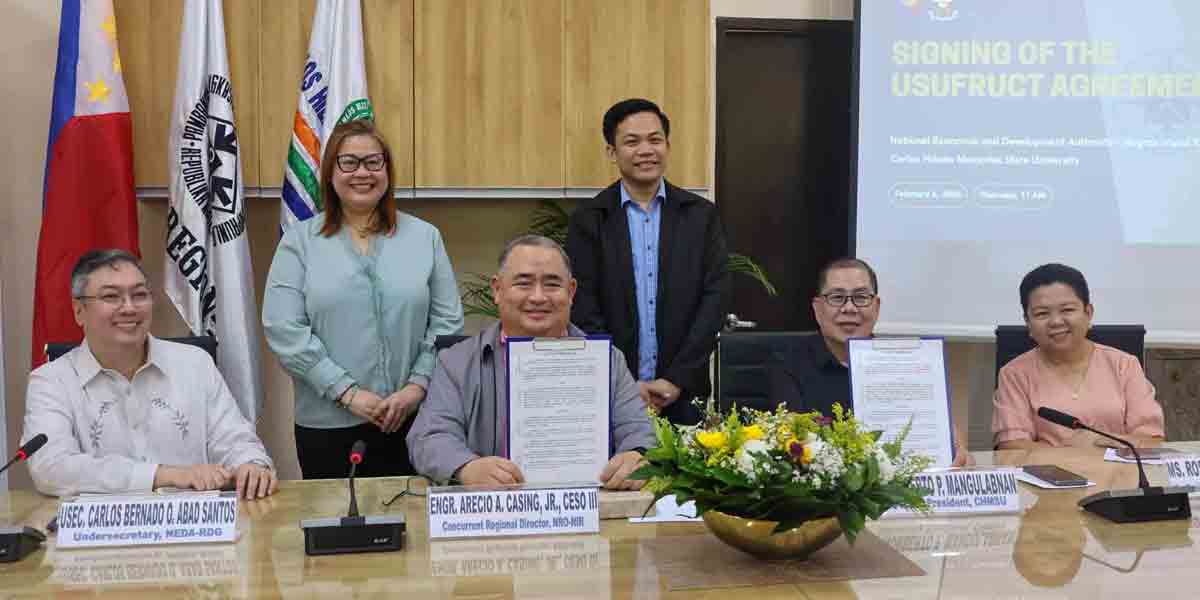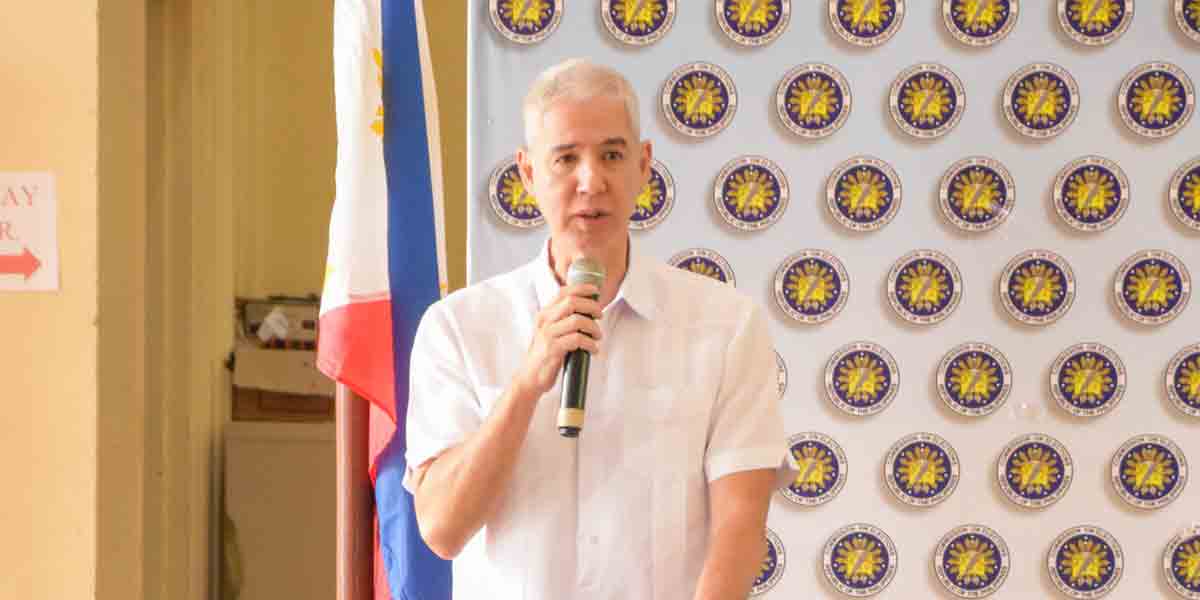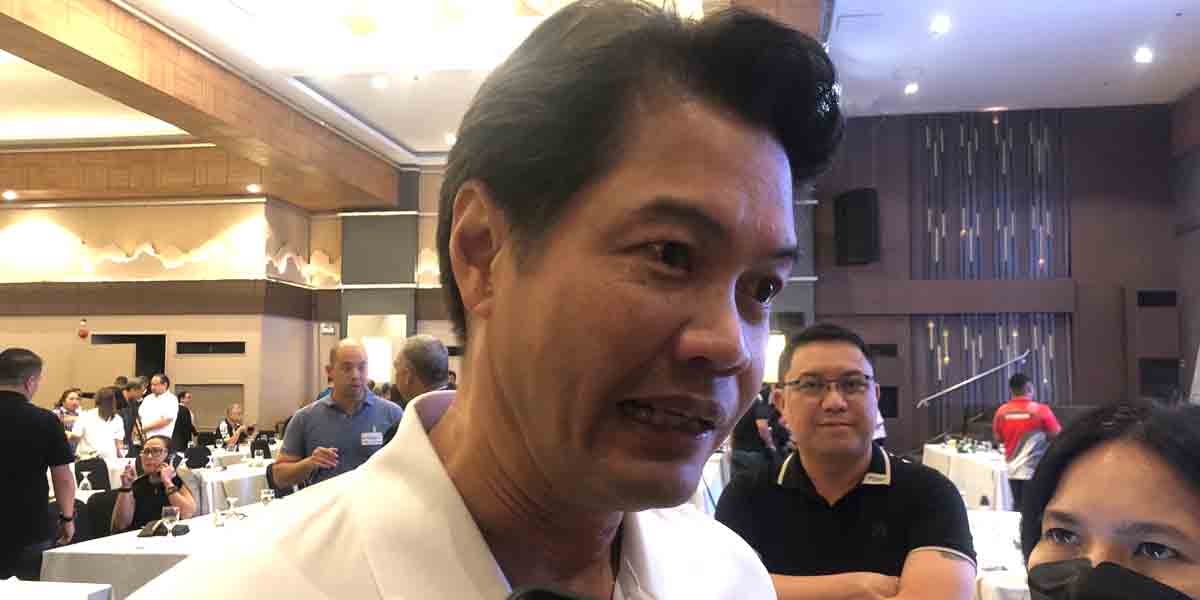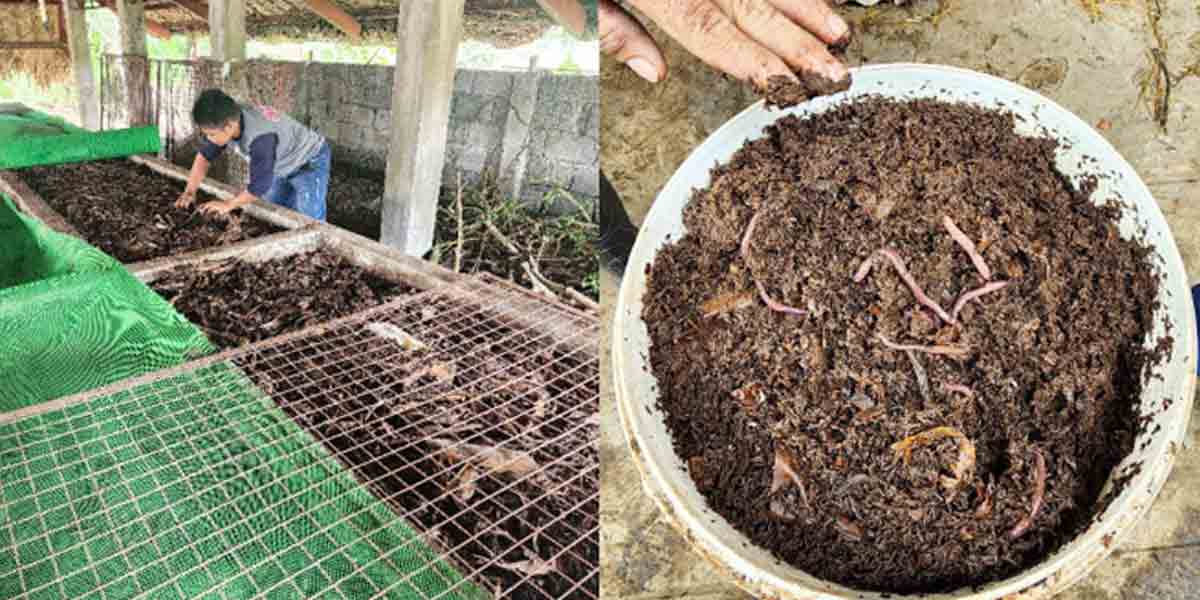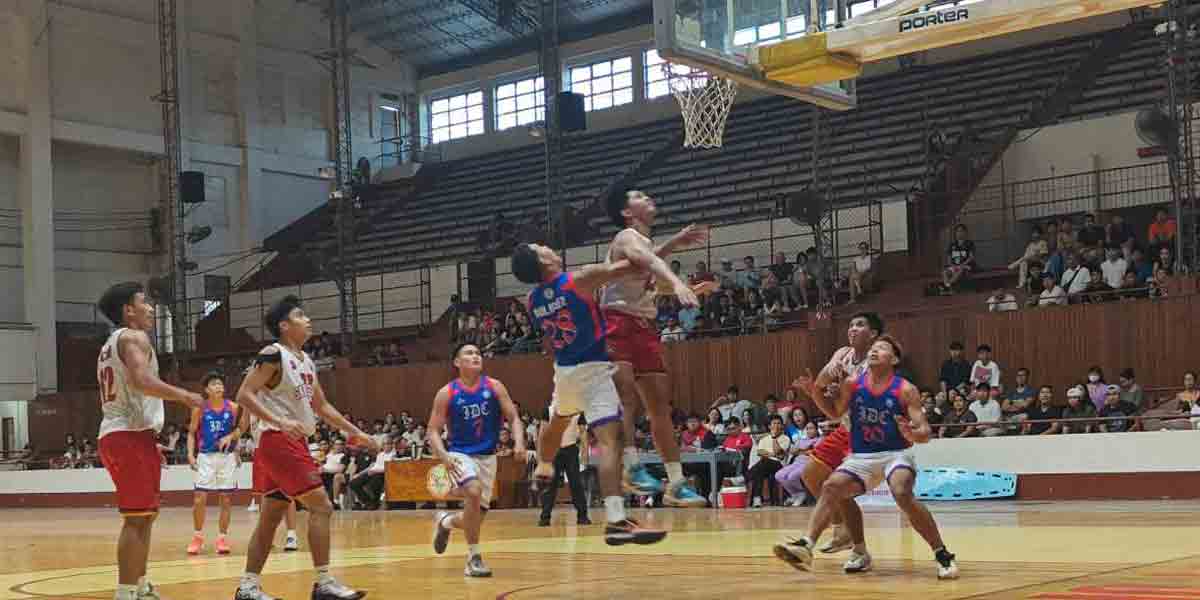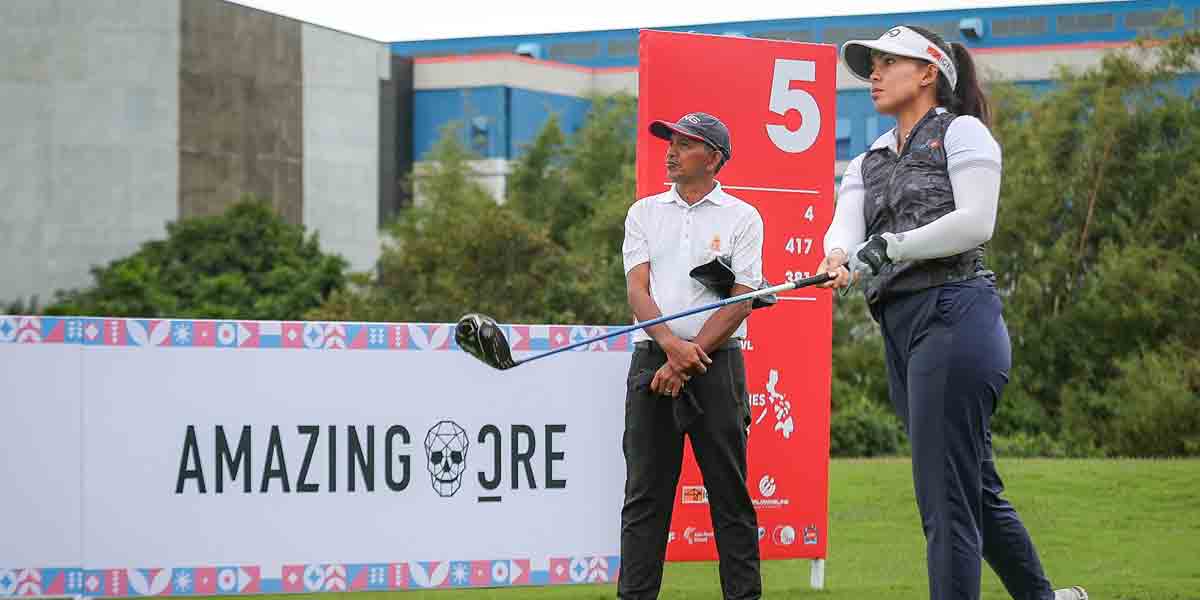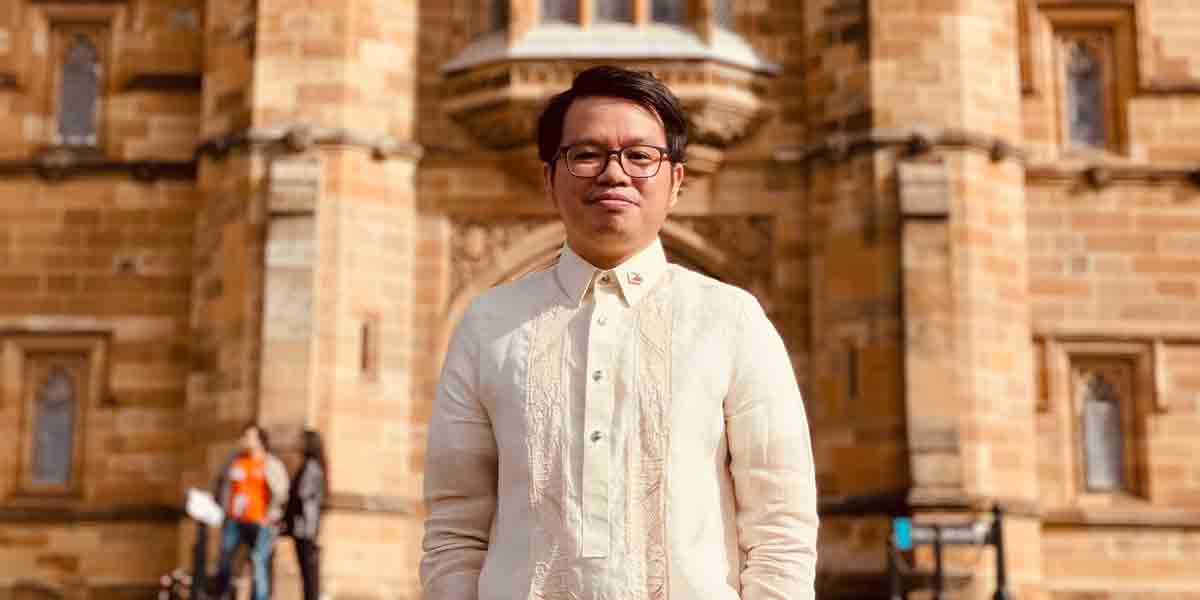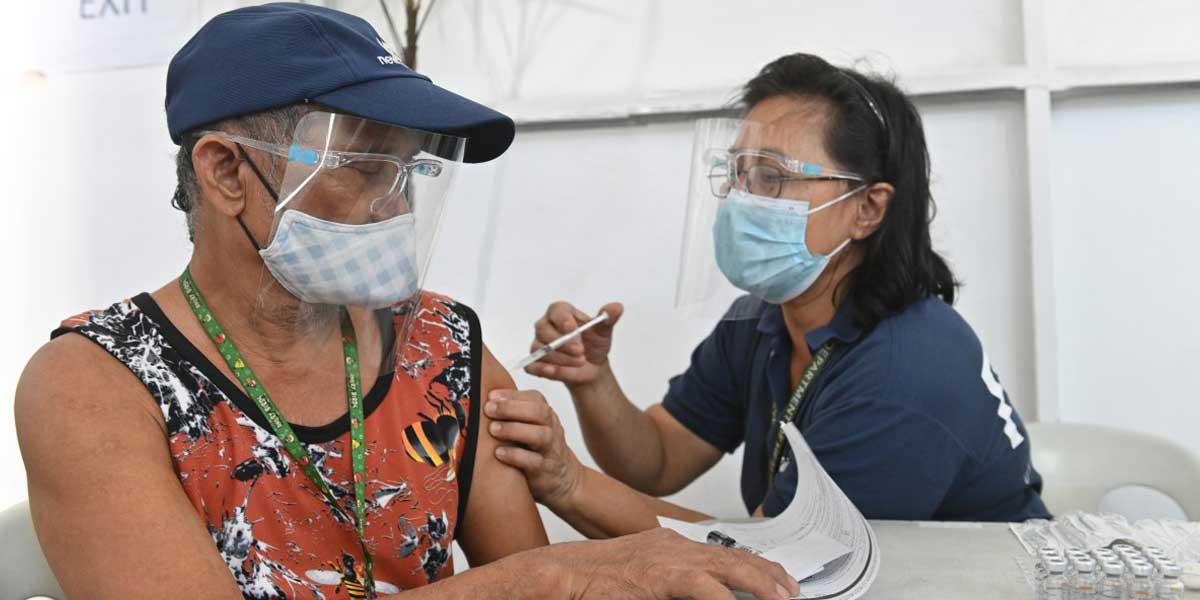
By Jun Ryan Orbina
For 104-year-old Lualhati Masanga, being fully vaccinated against COVID-19 means something more than being protected from severe illness. It has brought her closer to doing what she values most — finally spending time again with her family.
“Before, we almost wouldn’t let her leave her room,” said Rosalie Gracilla, Lualhati’s caregiver. “She always wanted to visit a family member who passed away or is in the hospital. We had to tell her she couldn’t.”
Before the pandemic Lualhati, her siblings, and the rest of the family used to enjoy weekly family gatherings. Lualhati smiled when Rosalie explained that the centenarian can now spend more time with loved ones, while still keeping a safe distance.
“Every morning, we bring her out of the house. Her siblings can now greet her, ask her if she has already eaten,” said Rosalie.
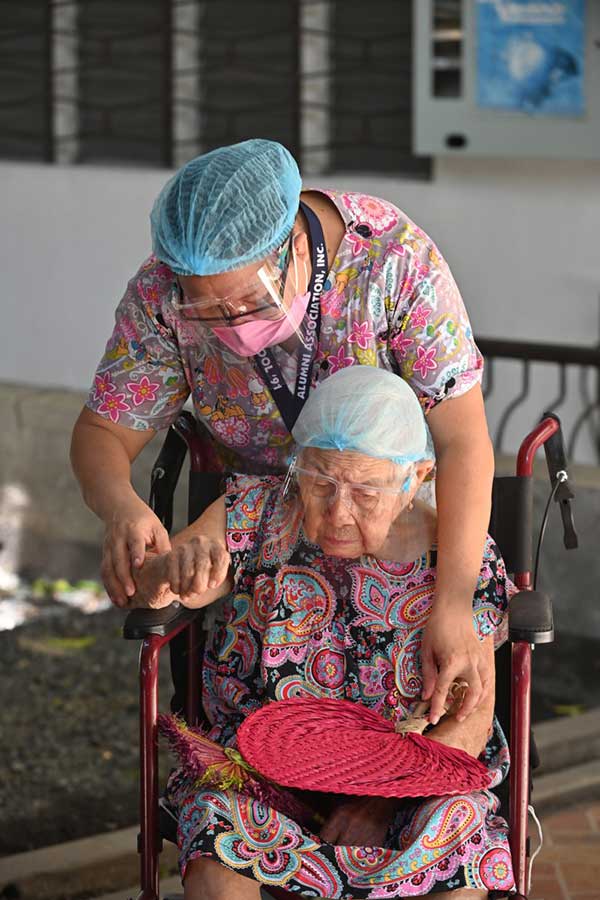
© WHO/RedAnts Media – R Tingle
Lualhati is one of around 45,000 senior citizens living in Pasig City. By late July, all these seniors, the A2 priority group, had received at least one dose of the COVID-19 vaccine. Pasig City was the first Local Government Unit (LGU) to achieve this important public health milestone for its seniors. By mid-August, nearly 100% in Pasig City have been completely vaccinated.
Reaching and vaccinating all A2s is a feat that continues to challenge most LGUs. To date, just over 40 percent of senior citizens in the Philippines have been fully vaccinated. Seniors should be prioritized because they are at the highest risk of severe disease and deaths from COVID-19. Their risk-level is even higher as the virus has mutated into more transmissible variants of concern.
The success in Pasig City was no accident. As soon as vaccines began arriving Pasig City Mayor Victor Maria Regis Sotto, known to many of his constituents as ‘Mayor Vico’, prioritized the rational use of his limited vaccine allocation.
“When we see that more than 70% of those who passed away from COVID-19 are senior citizens, it only makes sense that we protect them first. And the best way to protect them is through vaccination,” said Mayor Sotto.
A challenging start
In an interview conducted at Pasig City Hall, the mayor was quick to admit that the vaccination rollout in his city has not always been smooth.
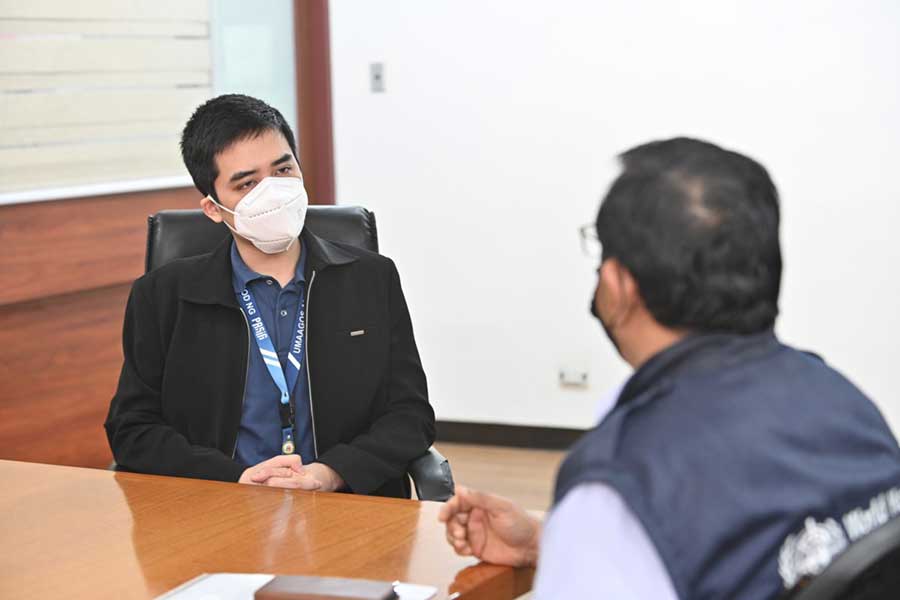
“We always have new problems and new challenges, but it’s a matter of how fast we can adapt and how fast we can adjust given the supplies made available to us,” said Mayor Sotto.
Generating demand and building trust around new vaccines were among the city’s initial challenges.
Like the families of other senior citizens, Lualhati’s loved ones also had worries about the vaccines. They feared Lualhati might be too old and frail to be vaccinated. “But when we heard and learned that senior citizens actually needed the vaccine the most, the family decided to have her vaccinated,” said Rosalie.
To engender enthusiasm for vaccinations, the city began by carrying out information campaigns. Simultaneously, the Pasig City Vaccination Team began building support with civil society groups and the private sector, with the goal that correct information reached residents. Homeowners’ associations, peoples’ organizations, tricycle operators and drivers’ associations also helped relay these messages from one person to another. According to the mayor, this word-of-mouth campaign was among the best ways to reach and convince senior citizens.
As the number of seniors turning up at vaccination sites began increasing, the city could see their collective effort to disseminate accurate information was working.
“When I talked with senior citizens, I asked them, ‘What changed your mind? Why did you all of a sudden want to get vaccinated?’ The number one reason that they tell me is they saw someone else get vaccinated, and they think it was a success,” said Mayor Sotto. “From there, it was then really just a matter of finding the right strategy, the right way to deploy the vaccination program to encourage more senior citizens to get vaccinated.”
Multiple doors to access vaccination
To get shots into as many arms of seniors as quickly as possible, Pasig City embraced a multi-pronged strategy. One approach was to provide several options for senior citizens to register and access vaccination services. Pasig City also found value in creating profiles of its senior citizens. They did this by using an initial database of senior citizens, calling them, then asking for names of other older people they knew – a strategy referred to as snowballing.
The city also conducted onsite profiling in barangays to be closer to the communities. Finally, the city also set up an online vaccine registration platform.
While the online platform helped to register the wider population, the Pasig City Vaccination Team realized its limitations in reaching senior citizens. This is because many of the seniors were not connected online. There were some who could not operate mobile phone applications.
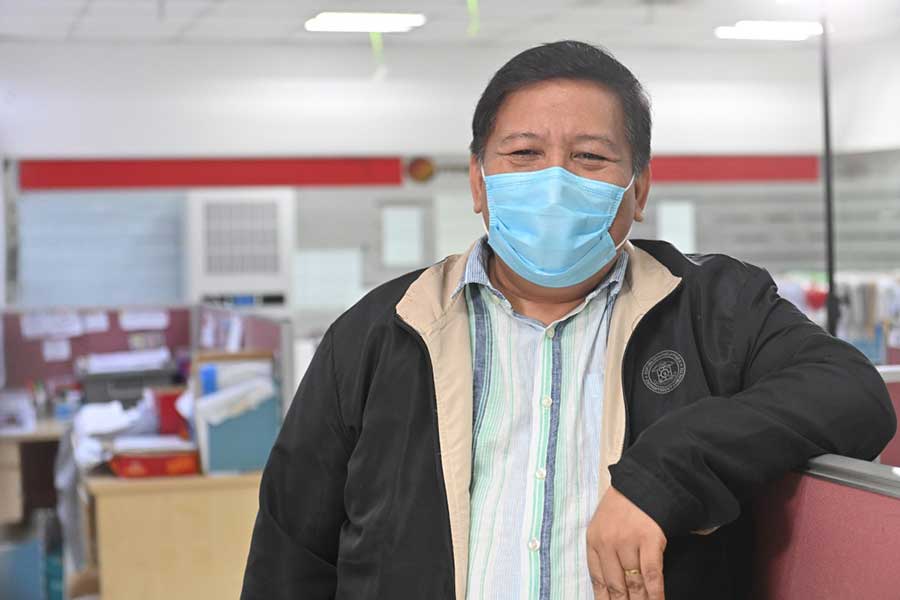
“We sent text messages, but only around 20% to 30% would come from the 1,000 daily target we had set at the start of the vaccination rollout. After a week, we decided to do house-to-house profiling,” said Dr Joseph Panaligan, Head of the Pasig City Health Department and overall supervisor of the COVID-19 vaccination program.
House-to-house profiling turned out to be the most effective strategy in ensuring senior citizens were registered and turned up for vaccination. Moreover, the profiling process identified senior citizens who were bedridden or could not travel to the vaccination sites.
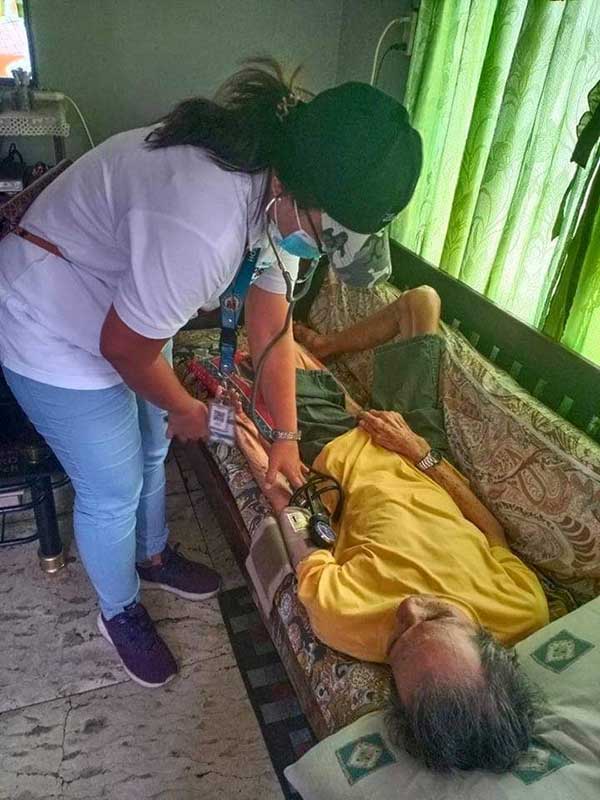
Pasig City also ensured ease of access of senior citizens to vaccination services.
“In our plan, we included transportation of senior citizens so they can be brought to the vaccination site,” said Dr Panaligan. Pasig City also allowed walk-ins for senior citizens belonging to one household as long as one of them had a confirmed vaccination schedule. For those seniors who were bedridden or had mobility issues, the city sent teams to conduct vaccinations at home.
Lualhati was one of those seniors vaccinated at home. Rosalie recalls that the City Health Department also followed up to inquire about her condition for several days after each jab.
Mayor Sotto also stressed the importance of having ears on the ground and being agile to modify strategies as needed.
“We make sure that we get feedback from the people who go [to our vaccination sites]. If the report from the ground is that people actually are in line for five hours long, then we have to take what they say seriously and adjust accordingly,” said Mayor Sotto.
Domino effect: LGUs learning from each other’s best practices
On 5 August 2021, WHO Representative to the Philippines Dr Rabindra Abeyasinghe visited Pasig City to commend Mayor Sotto and his team for their accomplishment.
“Here is a Local Government Unit that has done everything to maximize the benefit of the interventions we have to protect the most vulnerable, to save the most lives possible,” said Dr Abeyasinghe.
Dr Abeyasinghe told Mayor Sotto: “Your success should create a domino effect for other LGUs. We need to share with them your story so that other Local Government Units and local chief executives can see and learn what their countrymen have achieved. This is the way forward.”
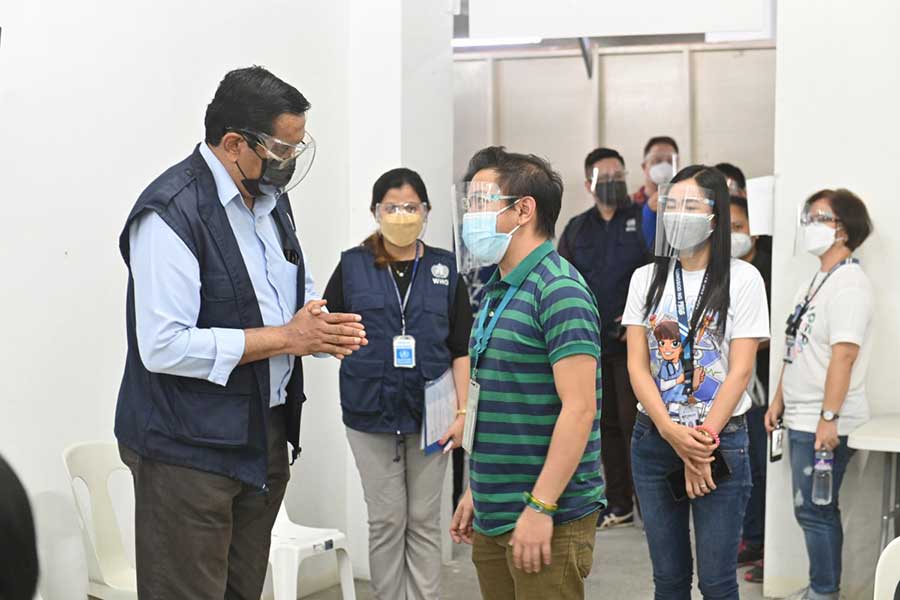
WHO continues to urge LGUs to accelerate the vaccination of their A2’s. Prioritizing the elderly saves lives. And prioritizing the vaccination of the most vulnerable has numerous positive spillover effect, such as supporting local economies.
Better quality of life for vaccinated senior citizens
Through its successful vaccination rollout, all senior citizens in Pasig City are better protected against the continuing threat of the pandemic. By being vaccinated, seniors also indirectly provide protection to their loved ones. While it is still necessary for them to adhere to other COVID-19 preventive measures — like wearing a mask, handwashing, and physical distancing — older people who are vaccinated also benefit by being able to pursue activities that are meaningful to them and beneficial for healthy aging.
“Because she’s (Lualhati) is safe, I’m also safe. Aside from [this face mask] and face shield, we have the vaccine. At least I know she’s more protected now,” said Rosalie.


